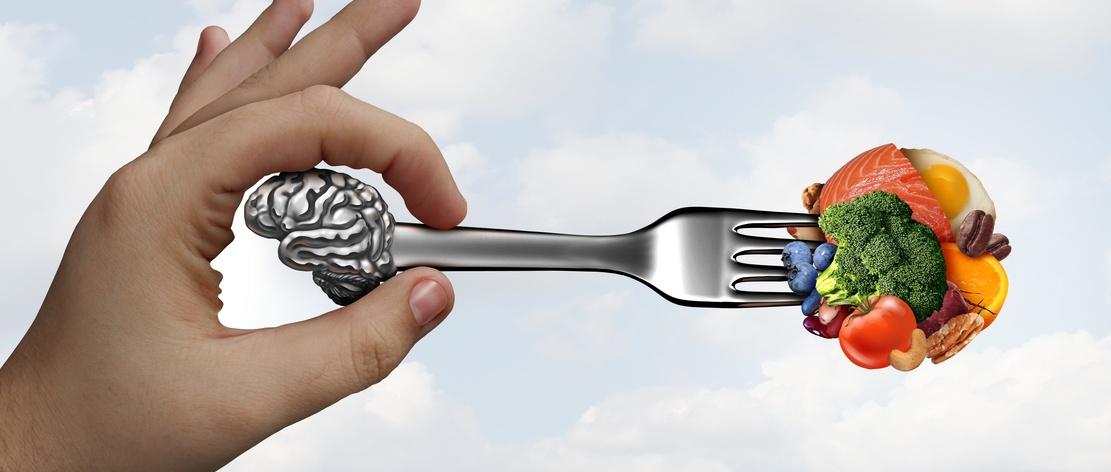
Was ist der Unterschied zwischen IBS und IBD?
Peer reviewed by Dr Krishna Vakharia, MRCGPLast updated by Lawrence HigginsLast updated 3 Dec 2024
- HerunterladenHerunterladen
- Teilen Sie
Teilen Sie
Irritable bowel syndrome (IBS) and inflammatory bowel disease (IBD) are easy conditions to confuse. As well as having similar names, the two have many similar symptoms - if you have one of these conditions you may have stomach (abdominal) pain, cramps, constipation and diarrhoea, as well as feeling generally unwell.
But the conditions are quite distinct, with different causes and different treatments. If you're having any of these symptoms, it's important to see your doctor who can give you a definite diagnosis.
In diesem Artikel:
Lesen Sie unten weiter
How IBS and IBD differ
The main difference between the two is that IBS is classed as a 'functional' disease - where the symptoms lack an identifiable cause - whereas IBD involves some damage to the gut that will be more clear after examination and further investigations done by a specialist.
"With IBS, there are problems with the way in which the diet, gut nervous system and microbiome interact with the brain and central nervous system," says Dr Simon Smale, a stomach specialist (gastroenterologist) and trustee at The IBS Network. "People with IBD get episodes of inflammation within the gut, leading to changes you can see using an endoscope. So with IBS, the lining of the bowel looks normal, while with IBD there may be patches which are not right."
IBD is an umbrella term for several different conditions, including ulcerative colitis and Crohn's disease. Ulcerative colitis affects the inner lining of the colon and rectum, whereas Crohn's disease can affect any part of the digestive tract.
As well as the digestive symptoms, people with IBD might also have
Ungeklärter Gewichtsverlust.
Bleeding from the bottom (rectum).
Gelenkschmerzen.
Skin problems.
These symptoms vary from person to person and are likely to be on and off - so you may have flare-ups every so often, with periods of good health in between.
Although IBD can significantly affect your day-to-day functioning, it is not always more serious than IBS. As Dr Smale explains, both are long term (chronic) conditions, which can range from mild to very severe.
"The symptoms of IBS can be as debilitating as the symptoms of IBD, and it can be very difficult for us to tell the difference," he says. "So, it's important that people have tests that help differentiate between the two."
Patientenauswahl für Reizdarm-Syndrom

Gesundheit der Verdauung
Welcher Zusammenhang besteht zwischen dem Reizdarmsyndrom und Angstzuständen?
Das Reizdarmsyndrom (IBS) kann eine Kombination aus Bauchkrämpfen, Durchfall, Blähungen und Verstopfung verursachen. Es handelt sich um eine langfristige Erkrankung, die die Lebensqualität beeinträchtigen kann. Obwohl eine Umstellung der Ernährung und die Einnahme bestimmter Medikamente helfen können, können sich eine schlechte psychische Verfassung und die Symptome des Reizdarmsyndroms gegenseitig verschlimmern.
von Victoria Raw

Gesundheit der Verdauung
Reizdarmsyndrom
IBS steht für Reizdarmsyndrom und ist eine langfristige chronische Erkrankung des Darms, die zu Bauchkrämpfen, Blähungen und Verstopfung oder Durchfall führt. Beim Reizdarmsyndrom handelt es sich um ein Problem mit der Funktionsweise des Darms.
von Dr. Rachel Hudson, MRCGP
Diagnosis and treatment
When you go to the doctor with IBS symptoms, they may order a series of blood tests to rule out other conditions. Typically, this will include a full blood count, a test for markers in the blood of inflammation, and a test for coeliac disease - another condition that can cause similar symptoms. You may also be asked to carry out a poo (stool) test.
If all these tests do not find anything and you're having typical symptoms, that provides a strong indication you have IBS. You may be prescribed a medicine like an intestinal antispasmodic, as well as guidance about lifestyle or dietary changes. Generally, self-management is the most effective treatment.
A positive result to a test which has found an issue may require further investigation. If the doctor thinks you may have IBD, you may be referred for an endoscopic procedure such as a colonoscopy - which may involve a biopsy where they test a small piece of your skin. Your doctor may also refer you to a specialist at the hospital for further investigations.
With IBD, treatment is geared towards reducing the inflammation in your bowel. Medicines might include immunosuppressants, which ease the immune response in the gut, steroids - used for short-term treatment during a relapse - and biologic medicines. Some people may eventually need surgery to remove the damaged part of the stomach. People with IBS are unlikely to need surgery or immunosuppressants.
But as IBD and IBS symptoms vary from person to person, so too will treatment. Some will require surgery while others may manage it by recognising the triggers. Always speak to your doctor about what is best for you.
Artikel Geschichte
Die Informationen auf dieser Seite wurden von qualifizierten Klinikern geprüft.
Nächste Überprüfung fällig: 3. Dezember 2027
3 Dez 2024 | Neueste Version
18 Jan 2018 | Originally published
Verfasst von:
Abi Millar

Fragen, teilen, verbinden.
Stöbern Sie in Diskussionen, stellen Sie Fragen, und tauschen Sie Erfahrungen zu Hunderten von Gesundheitsthemen aus.

Fühlen Sie sich unwohl?
Beurteilen Sie Ihre Symptome online und kostenlos